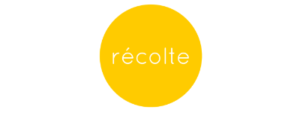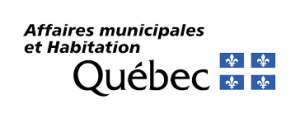Appliation deadline : January 16, 22
⚠ This call for projets has been closed. To stay in touch, subscribe to our newsletter (it’s in French, though)!
November 22
Opening date for projects
December 14
Information sessionJanuary 16
Closing date for projets
January 19
Selection pitchs
February 3-4
Final selection boot camp
February 18
Start of workshops
Who is the Collision + Récolte Program for?
You and your team members fit one or more of the following profiles:
NPO/Coop
Entrepreneur
Professionnal
Start-up
Researcher
You are developing a food systems project with a strong potential for positive impact and transformation on communities (potential to solve an identified problem, potential for scaling up, etc.);
The development stage of your project is between post-ideation and pre-commercialization;
Your project responds in an innovative, efficient and realistic way to an identified problem or need in food systems:
Production
Processing
Logistics
Consumption
Post-consumption
Support
Examples :
Social integration farm
Community slaughterhouse
Recovery of foodstuffs from markets or producers
Logistical food hub: A logistical food hub is a physical infrastructure that can perform various functions along the entire food chain (e.g. storage, processing, distribution and supply)
Group purchasing initiative
Pooling of equipment and services
Collective neighbourhood/village grocery store
Reuse of residual materials/circular economy
Management tool/technological platform
Financing/investment models
*These are just a few examples of the types of projects that are eligible. We focus more on a project’s actual and potential impact, rather than the food category it targets.
Program objectives
Understand and define your impact
Clarify and validate the social, environmental and economic impact of your organization and your solutions.
Put impact at the heart of your business model
Consolidate your business model around an innovative approach that combines economic viability and social impact.
Integrate an ecosystem of change agents
Initiate meetings and collaborations that will guide you in your entrepreneurial journey.
Develop your soft skills
Reveal your entrepreneurial potential: embody the values that inspire your daily actions.
Understand your ecosystem
Explore your ecosystem to identify where issues, needs and solutions intersect.
Validate your idea
Challenge your ideas to develop a solution that meets the real needs of your users.
The Collision + Récolte program aims to generate the necessary strategic thinking around the articulation of the impact placed at the heart of your project’s business model. We want each entrepreneur to finish the program with a validated proof of concept, a solid business model proposal and all the tools in hand to prepare for a commercialization phase.
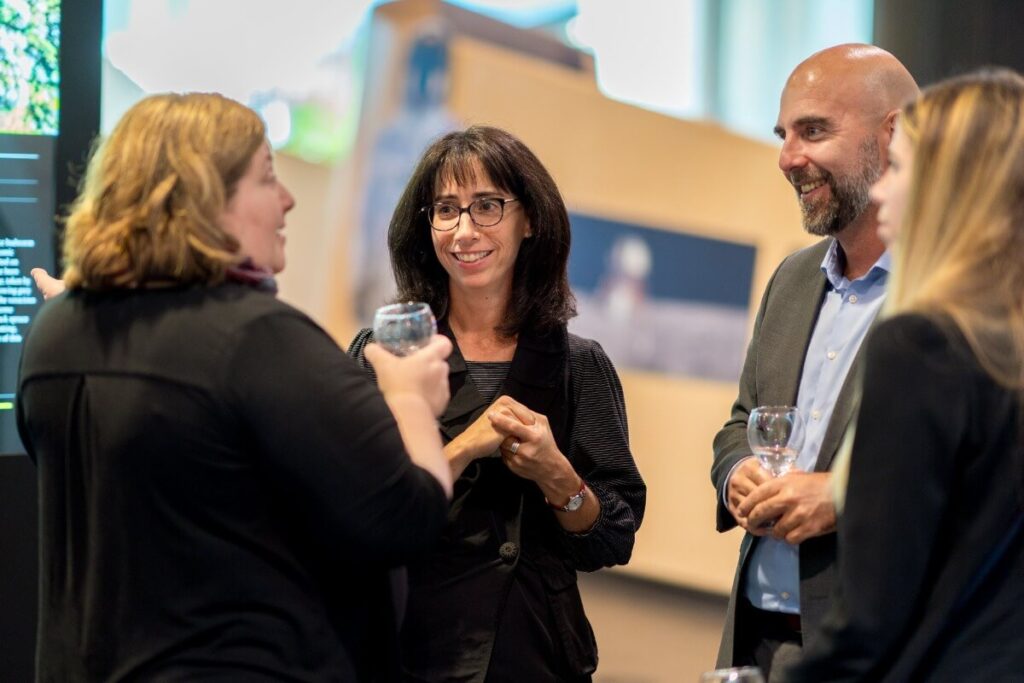
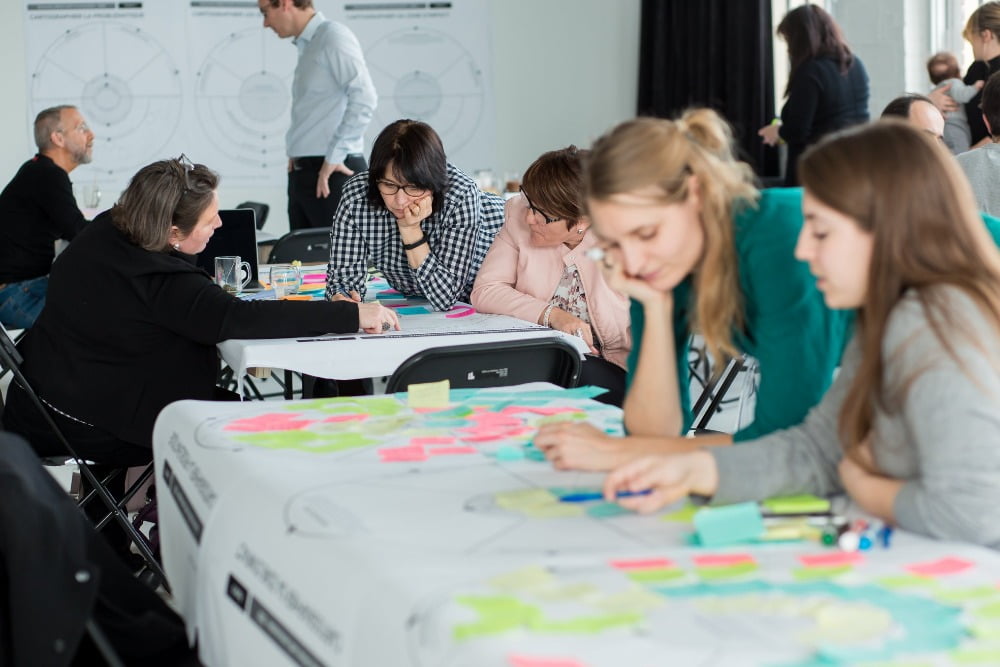
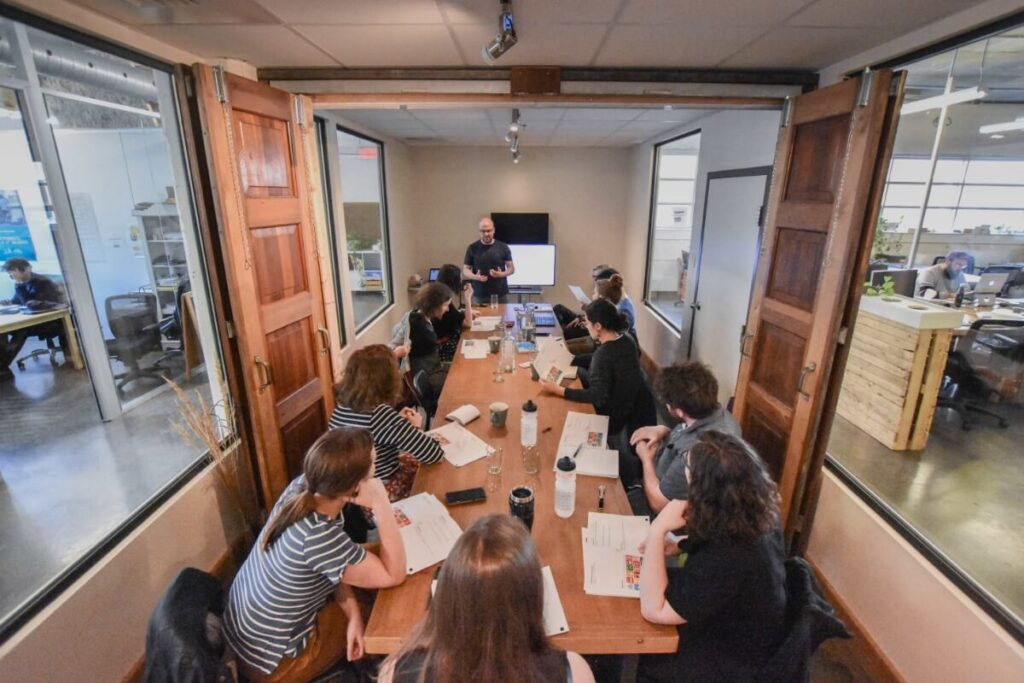
What does this program include?
Personalized coaching over 3 months
Intensive final selection bootcamp: 2 days during which teams work through the Impact Gap Canvas
Up to 30 hours of personalized coaching with coaches and experts in impact, innovation, entrepreneurship and business development
4 workshops on tools developed by our impact entrepreneurship experts, directly applied to your project.
The Collision + Récolte Program starts with a 2-day bootcamp and is then spread over 3 months of intensive workshops, during which you are coached on key areas of development for your impact project. The program is composed of 4 theme-based modules: ecosystem, validation, impact and action plan.
For this edition, Récolte is also offering three expert consultation sessions, allowing you to benefit from their industry expertise.
Then, you will meet with coaches and industry experts who will offer you hours of personalized coaching. These hours can be spread over several months, depending on your availability and your coaches.
The workshops will take place on Friday mornings from 9:00 a.m. to 12:30 p.m., on the following dates:
Workshop 1 :
Ecosystem
February 18
Workshop :
Validation
March 11
Workshop 3 :
Impact
March 25
Workshop 4 :
Action plan
April 8
Between workshops, Récolte will host three expert consultation sessions, so you could benefit from their industry expertise. These sessions will take place on Wednesdays, from 11:30 a.m. to 12:30 p.m. (specific dates TBD).
The bootcamp and all workshops will be online, but a face-to-face happy hour will be held halfway through so that teams can meet.
Food Systems Social Innovation Hub
This hub catalyzes and engages stakeholders that make up the food ecosystem so as to promote and support social entrepreneurs and organizations with innovative, impact-oriented projects aimed at accelerating the transition to more ethical, sustainable and resilient local food systems.
The Food Systems Social Innovation Hub focuses on innovative approaches, both in terms of processes and products/services, that meet the goals of sustainable, innovative and responsible food systems:
Innovation in food production
Urban agriculture
Food waste reduction
Food security for vulnerable communities
Food sovereignty
Local food development
Fair sourcing
By joining one of our food system cohorts, you will benefit from:
testing and technological showcase opportunities with various partners
easier access to potential funders in the agri-food sector
a cohort made up entirely of projects that are similar to yours, all working in the agri-food sector: connect with entrepreneurs with similar realities and challenges
special access to Esplanade and Récolte food system partner networks
personalized coaching with food system experts or professionals, depending on your needs
The expertise of a unique partner: Récolte
Récolte is a social enterprise utilizing collective intelligence and community mobilisation to catalyze and co-create solutions for local, sustainable food practices, and ultimately, to create a better future for all.
Récolte offers support through its Nourish Innovation Program, which catalyzes socially innovative initiatives and models in agri-food. The program facilitates the launch of dynamic, thriving projects aimed at accelerating the transition to more ethical, sustainable and resilient local food systems.
Unprecedented opportunities for this cohort
Projects dealing with storage, supply and transportation will benefit from expertise and testing grounds through SALIM (Local and Integrated Food System in Montréal), an initiative led by Récolte.
Between 2020 and 2025, SALIM will strengthen the supply network of healthy and local products for community food organizations in Montréal, while improving market access for local producers through physical and digital infrastructures.
A tailor-made coaching programme with training and resources that are available at all times, 100% adapted to a virtual format
Personalized coaching by experts identified according to your needs
Meetings and access to a network of climate finance investors.
Access to Esplanade and Récolte's privileged partners to prepare pilot projects or technological showcases
A network of over 100 coaches and experts who will support you at every key step of your process.
Training and resources accessible at all times using state-of-the-art tools
Support from the Esplanade and Récolte's community of innovators and social entrepreneurs
Increased visibility on the Esplanade and Récolte's social platforms
How much does it cost?
Thanks to their financial partners, Esplanade and Récolte cover nearly 95% of coaching costs. Once selected, participants will have to pay a remaining symbolic participation fee of $350 + taxes.
*Participants agree to pay a participation fee of $350 + taxes per project when they join the program. If you are under 35 years of age, you may be eligible for financial support from LOJIQ, which covers the entire cost of the program.
If the registration fee significantly affects your ability to participate in the program, please contact us.
How are projects selected?
Evaluation criteria
We select projects based on their quality and impact potential, as well as on a team’s ability to carry the project forward.
The jury will therefore pay particular attention to:
Relevance and feasibility of the proposed project for the agri-food sector
Potential for social and environmental impact on identified communities and potential for scaling up
Project leader motivation, level of commitment to the program and proposed activities, and demonstrated expertise (business experience and knowledge of the food systems industry)
A willingness to learn and collaborate during the coaching process (you are ready to question yourself, prepare for meetings and commit to achieving program-related tasks, etc.)
You must be available for the duration of the program (February to April) to attend the bootcamp, the 4 days of program modules and the 3 expert consultation sessions
Observation and empathy skills to develop an appropriate solution to the problem you are trying to solve
We are looking for ambitious entrepreneurs who are determined to turn their idea into a viable entrepreneurial project that will have a positive impact on communities and food systems!
Selection process
The selection process is divided in two stages:
Pré-sélection : Pre-selection: A first selection will be made upon receiving applications. The applications will be analysed according to the evaluation criteria mentioned below by the coaching team and cohort partners.
Final selection boot camp : Final selection: up to 15 selected projects will be invited to take part in a two-day intensive boot camp, at the end of which 12 projects will be selected to join the final cohort Collision + Récolte.
This pathway aims to reflect and highlight the diversity of perspectives and realities experienced in Montreal as well as in other territories served by its services. We encourage any member of a marginalized or under-represented community to submit their project, including women, members of Aboriginal communities, visible minorities, or people living with a disability.
Please feel free to let us know if you belong to any of the above groups, and/or if you have a disability that requires special accommodations, should you be selected for the course. Please be assured that we will treat this information as confidential and do our best to respond appropriately.
Questions ?
Information session
A free online information session was held on December 14.
You can also visit our FAQ or write to [email protected].
Individual meetings
If you wish, you can also book a 15-minute meeting with a member of our team to discuss your project and its eligibility.
We cannot wait to discover your projets!
Field of experimentation
An opportunity offered by SALIM, supported by Récolte
About SALIM
The mission of the Local and Integrated Food System in Montreal (SALIM) is to strengthen the supply network of community food organizations in Montreal with fresh, healthy and local products, while improving access to markets for local producers.
Between 2020 and 2025, SALIM will accompany the implementation of both physical and digital infrastructures, which aim to facilitate the marketing of farms on the island of Montreal and in Quebec to Montrealers’ plates. These infrastructures will attempt to meet the needs of storage, primary processing, refrigeration and distribution spaces of producers and community organizations.
Objective of the partnership with SALIM
Depending on the progress and potential for success and impact of the projects completing the accompaniment within the cohort, SALIM will evaluate the type and level of support that can be offered to the projects. This support can range from a simple referral to projects of interest to more intensive support from a SALIM team member that may include budgetary support.
Fields of action of SALIM
Food storage (dry, frozen or refrigerated)
Exemples :
- Creation of a shared storage space among several partners
- Creation of a digital tool to facilitate the sharing of storage space (e.g., flow and inventory management)
- Creation of a digital tool listing storage spaces and their usage rate
Procurement
Exemples :
- Reflection and implementation of tools to facilitate group purchasing
- Creation of a tool for sharing information on procurement practices
Distribution and transport
Exemples :
- Pooling of a vehicle for the transportation of foodstuffs
- Creation of a shared collection and delivery service based on alternative means of transportation (e.g. bicycle transportation)
N.B. : In SALIM, the key words are: mutualization, consultation and collaboration.
Profile of projects selected for SALIM
1. The project must take place on the territory of the Island of Montreal and contribute to improving the food supply of the project holders;
2. The project leaders must fall into one of the following categories
- Grouping of organizations (NPO or cooperatives) working in a delimited territory (for example: on the scale of a neighbourhood, a borough or a targeted territory);
- Neighbourhood round table ;
- Organization (NPO or cooperative) with a project that benefits a group of organizations
3. By agreeing to be accompanied in the context of this call for interest, project leaders commit to a process based on collaboration and transparency, which includes being available to participate in meetings organized by the SALIM team and to share all the information necessary for the development of the project;
4. The project submitted must be sustainable once SALIM’s support has ended.
The project must meet one or more of the following objectives in order to be part of the SALIM process:
Strengthen Montreal's supply network of healthy, local food products
Improve the operational capacity of the Montreal food security ecosystem
Contribute to offering a better diet (in quality and quantity) to Montrealers, and particularly to populations in a situation of food insecurity or precariousness
Process and profile of the accompaniment with SALIM
1. Preliminary meeting at the end of the accompaniment process: Presentation of the project and definition of needs and expectations
2. Drafting of an action plan including a timeline
3. Meeting to present and validate the action plan
4. A follow-up meeting at least once a month with the SALIM team, throughout the support period (max 1 year)
5. Closing meeting – presentation of a report summarizing the project and its progress
Duration: up to one year.





